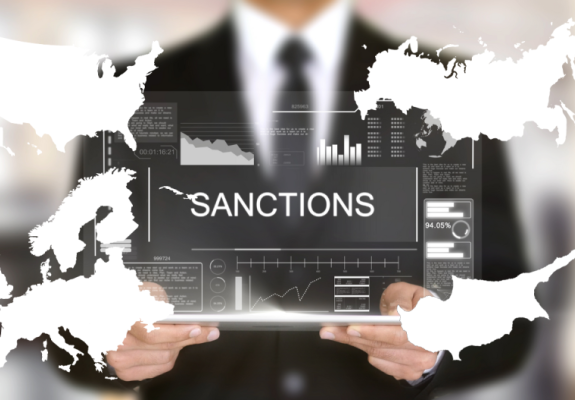98% of Cypriots See Need for Climate Action
Survey Highlights Urgent Adaptation to Climate Change.
The majority of Cypriots recognize the need to adjust their lifestyle to address the impacts of climate change, according to the European Investment Bank’s (EIB) seventh Climate Survey. Although respondents ranked climate change as the third most significant challenge facing their country—after the cost of living and mass migration—98% of Cypriots believe it is essential for their country to adapt. Of those, 64% say this adaptation should be a top priority.
The increasing frequency and severity of natural disasters continue to heighten the economic costs of climate change. Scientists warn that these costs will only grow. According to a report from the European Environment Agency, Europe is currently the fastest-warming continent in the world, with extreme weather events expected to intensify as global temperatures rise. Cyprus is already grappling with significant challenges, including prolonged droughts, intense heatwaves, and rising sea levels.
Kyriakos Kakouris, Vice President of the EIB, commented, “Climate change is an undeniable reality that demands immediate action. The fact that Cypriots explicitly recognize the need to adapt their lifestyle shows a deep understanding of the situation. By prioritizing climate adaptation, we can transform challenges into opportunities, such as creating jobs, boosting the economy, and securing our future. The EIB Group is committed to supporting these efforts, empowering communities, and promoting investments that will enhance the country’s resilience to the impacts of climate change.”
While climate change adaptation is viewed as a necessity, it is also seen as an economic opportunity. According to the survey, 96% of Cypriots believe that investments in adaptation can drive job creation and stimulate the local economy—10 points higher than the EU average of 86%. Additionally, 93% agree that investing in adaptation now is crucial to avoid higher future costs, compared to 85% in the EU.
The urgency of adaptation is further reinforced by Cypriots’ direct experiences with extreme weather. Over the past five years, 99% of respondents reported encountering at least one extreme weather event, well above the EU average of 80%. Specifically, 49% experienced extreme heat or heatwaves, 39% faced wildfires—nearly double the EU average of 21%—and 30% dealt with severe storms or hail.
These events have had tangible effects on residents’ lives. The survey found that 96% of Cypriots have suffered direct consequences from extreme weather (compared to the EU average of 68%). Among these, 31% cited damage to forests or natural spaces near their homes (above the EU average of 19%), 30% reported disruptions to transport, and 26% faced public service failures.
Cypriots show a strong understanding of the need for personal adaptation to climate change. A striking 91% acknowledge the need to adjust their lifestyle, compared to 72% in the EU. Furthermore, 84% believe they may need to relocate to less vulnerable areas within Cyprus, while 76% anticipate the possibility of moving to cooler regions or even other countries—a perspective far more common than the EU average of 28%.
Awareness of specific adaptation measures is similarly high. About 86% of Cypriots are familiar with steps they can take to make their homes and lifestyles more climate-resilient, 15 points above the EU average. Additionally, 79% are aware of public subsidies and incentives to support these efforts—nearly double the EU average of 40%.
In terms of local adaptation priorities, respondents identified public education on extreme weather preparedness as a top priority (46%, higher than the EU average of 38%). Improving infrastructure, such as better drainage systems, flood barriers, and resilient energy grids, also ranked highly (45%), followed by urban cooling initiatives like greening cities (42%).
Cypriots have varied opinions on who should bear the cost of climate adaptation. Around 31% believe that companies and industries most responsible for climate change should shoulder the burden. Another 24% think that wealthier individuals should contribute more through higher taxes, a view more prevalent in Cyprus than in the EU, where only 15% share this opinion. Meanwhile, 22% believe the costs should be equally shared among all citizens, significantly lower than the EU average of 32%.
When asked who should benefit first from climate adaptation support, 31% of Cypriots prioritized individuals with disabilities—14 points above the EU average. Another 31% focused on people living in high-risk areas, while 29% believed that everyone should benefit equally, a view less common in Cyprus than in the EU overall.
The EIB’s seventh Climate Survey, conducted between August 6 and August 23, 2024, collected responses from over 24,000 participants in 27 EU countries and the U.S. Since 2018, this annual survey has provided valuable insights into public perceptions of climate change and the necessary actions to mitigate its impacts.






